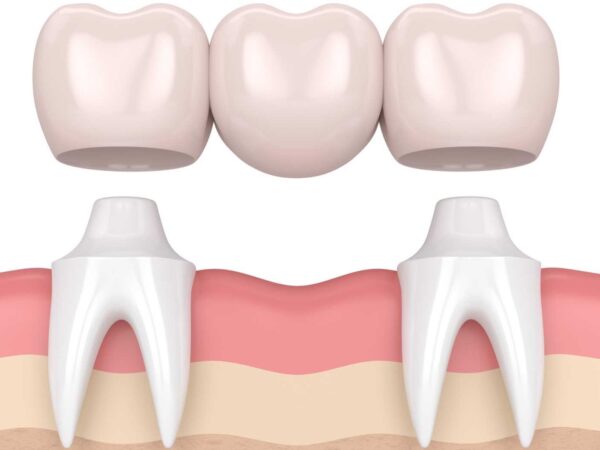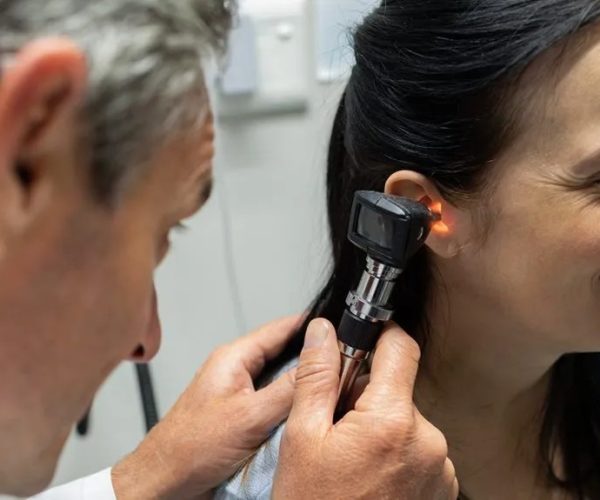Replacing missing or broken teeth with artificial yet natural-looking teeth is not difficult per se, thanks to technological advancements. However, several different kinds of dental bridges have been devised by experts to suit the varying needs of people. You must consult with your dentist in Bessemer City, NC, to know which is the better choice for you.
There are several types of dental bridges available, each with its own design, materials, and advantages. Today, we will discuss in detail the prominent dental bridge types.
Traditional Dental Bridge
This is the most common type of dental bridge. It consists of one or more artificial teeth (pontic) held in place by dental crowns that are cemented onto the natural teeth adjacent to the gap. These adjacent teeth act as abutments to support the bridge.
Advantages:
- Widely used and established.
- Relatively straightforward procedure.
- Suitable for certain cases where adjacent teeth need crowns.
Cantilever Dental Bridge
Similar to traditional bridges, cantilever bridges use an abutment tooth on one side of the gap. They are typically used when there’s only one adjacent tooth to support the bridge.
Advantages:
- Useful when there’s only one adjacent tooth available for support.
Maryland Dental Bridge (Resin-Bonded Bridge)
Maryland bridges consist of a metal or porcelain framework with porcelain or composite resin wings on the back. These wings are bonded to the backs of the adjacent teeth without requiring as much alteration of the abutment teeth.
Advantages:
- Minimal alteration of adjacent teeth.
- Can be a good option for replacing front teeth.
Implant-Supported Bridge
Implant-supported bridges utilize dental implants as anchors. Implants are surgically placed in the jawbone, and the bridge is then attached to the implants. This type of bridge is particularly stable and provides excellent support.
Advantages:
- Provides stability similar to natural teeth.
- Preserves bone health in the jaw.
- No alteration of adjacent teeth is required.
Hybrid Bridge (Fixed Removable Denture)
A hybrid bridge is a combination of fixed and removable dentures. It’s attached to dental implants for stability but can be removed by a dentist if necessary.
Advantages:
- Offers both the stability of implants and the convenience of removable dentures.
- Can be easier to clean compared to traditional dentures.
Parting Thoughts
The choice of which dental bridge is best for you depends on factors like the location of the missing tooth, the health of your adjacent teeth, your jawbone condition, and your budget. Your dentist will evaluate your specific situation and recommend the most suitable type of bridge to restore your smile and oral function effectively.




